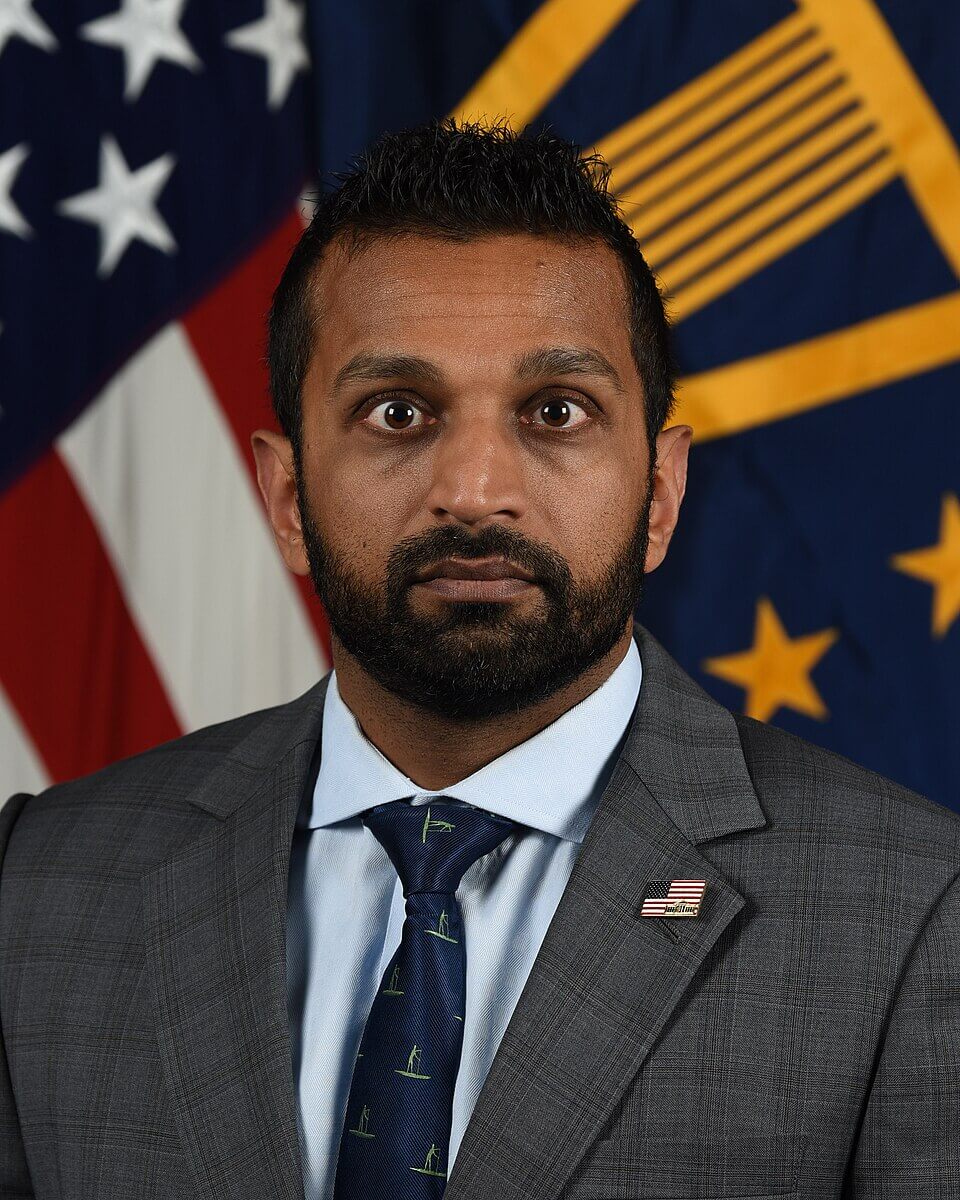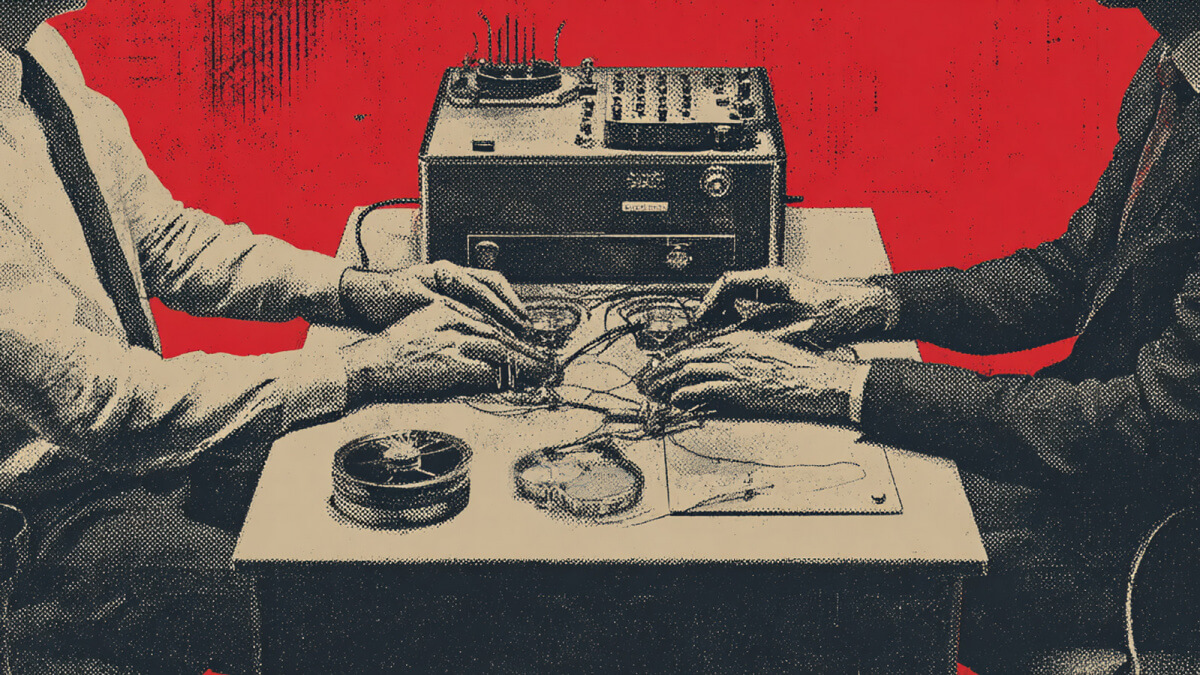
FBI Director Kash Patel has embarked on a mission to overhaul the Federal Bureau of Investigation, a plan he has been advocating for some time, as seen in his book "Government Gangsters." Patel's commitment to reforming the FBI has manifested in considerable personnel shifts and the introduction of new operational procedures aimed at reinforcing the public's confidence in the federal law enforcement body.
Since assuming his role, Patel has been vocal about his view of the FBI as a "compromised" institution that poses a danger to the public unless radically transformed. His changes have triggered what insiders describe as an extraordinary state of flux within the ranks of the agency. This has left numerous agents feeling uncertain about their future positions, with some opting to leave, others facing demotions, or being placed on administrative leave.
One of the more controversial implementations is the mandatory polygraph testing regime, which has expanded to cover discussions about internal personnel decisions and administrative matters. This has led to an atmosphere that former agents equate to increased surveillance. The move aims to clamp down on unauthorized leaks, with the pursuit of stopping such disclosures now considered a high-priority issue.
🔥FBI Director Kash Patel is already on FIRE: "I promise you the following: There will be accountability within the FBI and outside of the FBI, and we will do it through rigorous constitutional oversight starting this weekend." pic.twitter.com/IQLh55tYZ5— Benny Johnson (@bennyjohnson) February 21, 2025
— bennyjohnson (@bennyjohnson)
The rapid rate at which senior staff are being subjected to these tests is part of a broader strategy that Patel and his team, including FBI Deputy Director Dan Bongino, are employing to reshape the bureau. Bongino recently announced on social media that the reform teams would be fully operational soon, emphasizing their commitment to the reform agenda.
The bureau's leadership has also indicated they will re-examine several high-profile cases that include the 2022 leak of a draft Supreme Court opinion on abortion, the discovery of cocaine at the White House, and the pipe bombs found near the Capitol on January 6, 2021. These re-evaluations, framed as probes into "potential public corruption," signal a shift in how the FBI may categorize investigations in the future.
The FBI's new direction under Patel has prompted reactions from various quarters, including the media and former agents. The New York Times and other liberal-leaning outlets have expressed concern over the bureau's transformation, while former FBI agent Jim Stern has provided insights into the customary use of polygraph tests.
Patel's actions reflect his promise of accountability and "rigorous constitutional oversight," a sentiment he echoed in a recent tweet that garnered attention. As the bureau navigates through these changes, the implications for its operations, public perception, and the broader law enforcement landscape remain to be fully realized.





